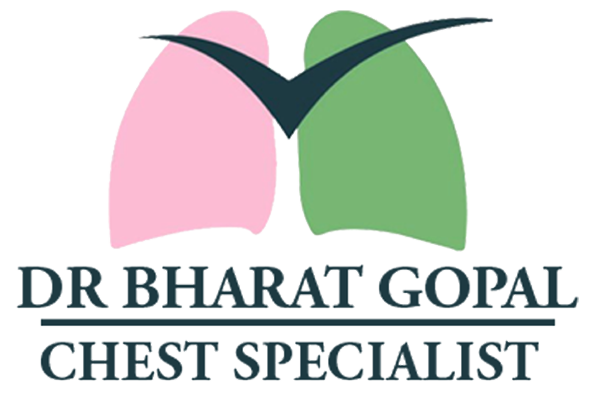Advancements in Sleep Lab Services Technology and Innovation
Sleep is a fundamental aspect of human well-being, and the study of sleep disorders has seen remarkable advancements over the years. One key driver of progress is the continuous evolution of technology and innovation in sleep lab services. As researchers and healthcare professionals delve deeper into the complexities of sleep, cutting-edge technologies are revolutionizing the way sleep disorders are diagnosed and treated.
To Know More About It Please Click Here
Polysomnography (PSG) and Portable Monitoring Devices
Traditionally, polysomnography has been the gold standard for sleep studies, conducted in dedicated sleep labs. However, recent advancements have led to the development of portable monitoring devices. These compact devices allow patients to undergo sleep studies in the comfort of their homes, providing a more natural sleep environment. This innovation not only enhances patient convenience but also facilitates more extended monitoring periods, offering a more comprehensive understanding of sleep patterns.
Digital Health Applications and Wearables
The rise of digital health applications and wearables has significantly impacted the field of sleep medicine. Smartwatches, fitness trackers, and other wearable devices now come equipped with advanced sleep-tracking features. These tools monitor various parameters such as heart rate, movement, and even environmental factors, providing valuable data for both patients and healthcare professionals. Integrating these technologies into sleep lab services enhances the accessibility of sleep monitoring and encourages proactive sleep management.
Artificial Intelligence (AI) and Data Analytics
The integration of artificial intelligence and data analytics has ushered in a new era for sleep lab services. AI algorithms can analyze vast amounts of sleep data quickly and accurately, assisting in the identification of subtle patterns and abnormalities. This helps create individualized treatment regimens in addition to speeding up the diagnosis procedure. Machine learning algorithms can adapt and improve over time, refining their accuracy in identifying and predicting sleep disorders.
Telemedicine and Remote Consultations
The advent of telemedicine has transformed the landscape of healthcare, including sleep lab services. Remote consultations allow patients to discuss their sleep concerns with healthcare professionals without the need for physical presence in a sleep lab. Additionally, telemedicine facilitates follow-up appointments and ongoing monitoring, ensuring continuous care for individuals with sleep disorders.
Therapeutic Technological Interventions
Innovative technologies are not limited to diagnostics; they also play a crucial role in therapeutic interventions. Continuous Positive Airway Pressure (CPAP) machines, for example, have evolved with enhanced features and improved user interfaces. Adaptive servo-ventilation devices and positional therapy devices are additional examples of how technology is actively contributing to the treatment of sleep disorders.
Conclusion
Advancements in sleep lab services technology and innovation are transforming the landscape of sleep medicine. From more accessible diagnostic tools to innovative therapeutic interventions, these technological strides are enhancing the quality of care for individuals with sleep disorders. As the field continues to evolve, the synergy between technology and healthcare promises a future where sleep lab services are not only more effective but also more patient-centric.
Also, Follow us on Instagram








